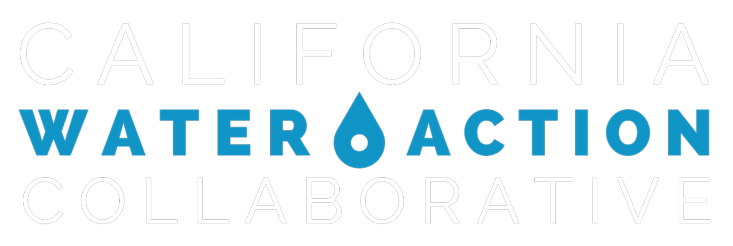Downtown Cupertino. Source: Shutterstock Photo by Uladzik Kryhin
There is growing interest in distributed water systems as a climate adaptation strategy to protect natural resources and foster urban water resilience. In 2020, the Pacific Institute developed a research report examining the opportunities and challenges of corporate investments in onsite non-potable water reuse in Silicon Valley. The key conclusion of that research is that private sector investments in onsite water systems have the potential to provide many benefits, but only if they are incorporated into the long-term regional water planning and decision-making of the public sector. To date there has been little effort to bring these groups together to find common ground or develop a roadmap for how centralized and distributed systems can complement one another.
This project will bring public and private sectors together in multi-stakeholder convenings to help establish a shared understanding of the issue and advance community-informed, strategic, and coordinated investments in distributed water systems in Silicon Valley.
There are four objectives of this work:
1. Advance multi-stakeholder discussion and understanding about distributed water systems and what is needed to scale them effectively and collaboratively.
2. Ensure distributed water systems complement centralized systems.
3. Leverage private investments in distributed water systems to generate economic, environmental, and social benefits.
4. Increase water resilience to climate change and other stressors.
The Pacific Institute will facilitate regular meetings with regional stakeholders (i.e., companies, municipalities, local water utilities, regulators, and environmental and community groups) to foster dialogue and develop a shared understanding of challenges and opportunities around distributed water systems in Silicon Valley.
Project lead: Pacific Institute
Participating CWAC members: Target | Google
Additional partners: gsjflg | dglksjfdg
To learn more: Contact Cora Kammeyer, Senior Researcher Pacific Institute – [ckammeyer@pacinst.org]

